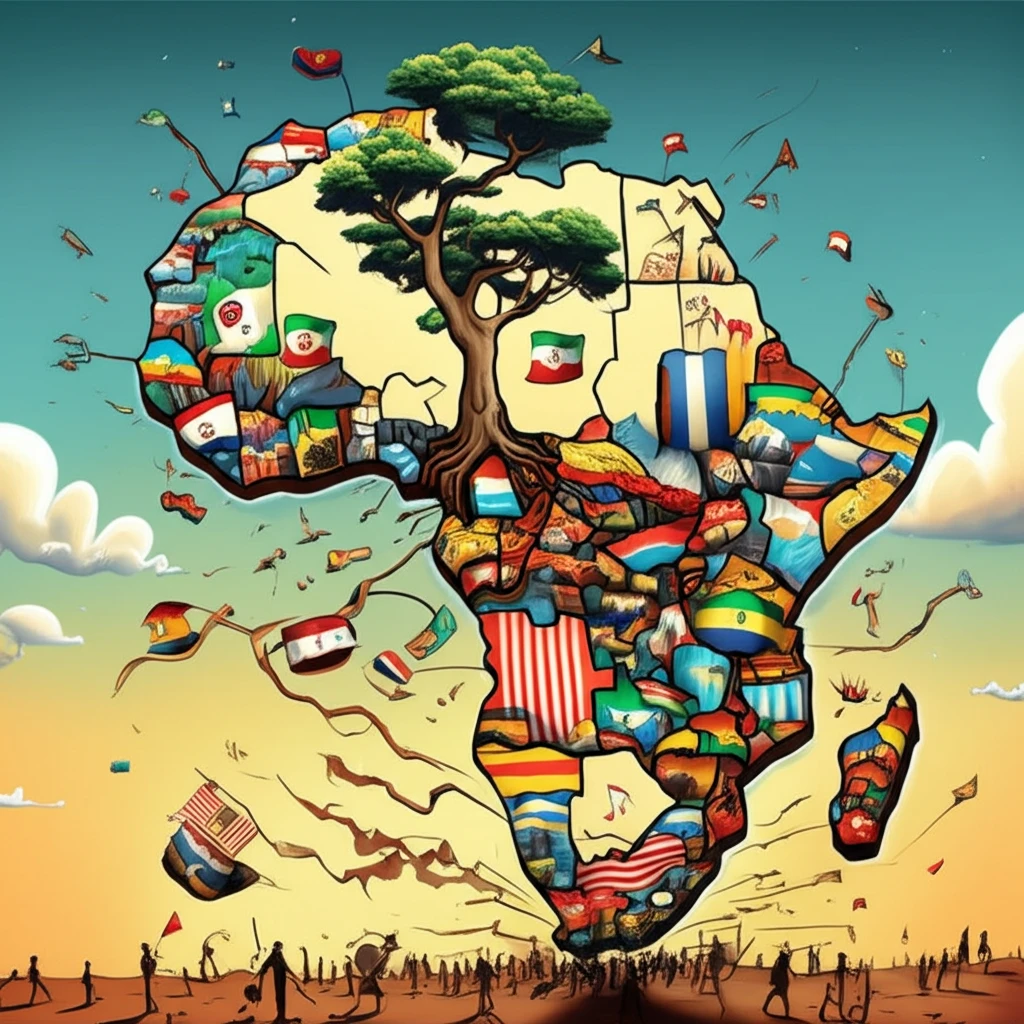
Decoding Political Instability: Why Party Proliferation Matters for African Democracies
"A deep dive into Senegal's political landscape reveals the hidden dynamics of party proliferation and its impact on democratic stability."
In the vibrant tapestry of African politics, the proliferation of registered political parties has become a striking phenomenon. From Cameroon, boasting over 250 parties, to Senegal and Madagascar, each with over 150, the sheer number raises critical questions about the quality and stability of opposition forces on the continent. Is this a sign of democratic vitality, or does it mask deeper issues of fragmentation and instability?
Catherine Lena Kelly's comparative analysis of Senegal offers valuable insights into this complex issue. By examining the trajectories of political parties in Senegal, Kelly challenges conventional wisdom and sheds light on the often-overlooked dynamics of party proliferation in competitive authoritarian regimes. Her work invites us to look beyond simple numbers and consider the underlying incentives and resources that shape the behavior of political actors.
This article will explore Kelly's findings, providing an accessible overview of her research and its implications for understanding African politics. We'll delve into the unique case of Senegal, unpack the concept of 'competitive authoritarianism,' and examine the factors that determine whether a political party becomes a force for consistent opposition or simply fades into the background.
Senegal: A Case Study in Party Proliferation

Senegal, often hailed as one of Africa's oldest electoral democracies, presents a fascinating paradox. Despite its early embrace of multiparty politics, the country has experienced a surge in the number of registered parties, tripling to 174 by 2010. This proliferation has occurred within a context of what scholars term 'competitive authoritarianism,' a system where elections are held but the playing field is far from level.
- Many parties serve primarily as vehicles for patronage, with leaders using their parties to negotiate access to state resources rather than seriously contesting elections.
- The uneven playing field makes it difficult for opposition parties to gain traction, leading to a high degree of co-optation and tactical alliances with the ruling party.
- Consistent opposition is rare, with only a small fraction of parties maintaining a sustained commitment to challenging the incumbent government.
The Path Forward: Strengthening Opposition and Promoting Democratic Stability
Kelly's analysis offers valuable lessons for policymakers and activists seeking to strengthen democratic governance in Africa. By understanding the dynamics of party proliferation and the challenges faced by opposition parties, we can develop more effective strategies for promoting political accountability and fostering a more level playing field. This may involve reforms to campaign finance regulations, media access, and electoral rules, as well as efforts to empower civil society organizations and promote greater citizen engagement in the political process.
